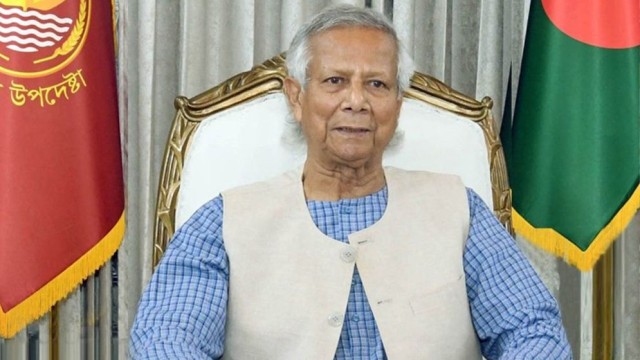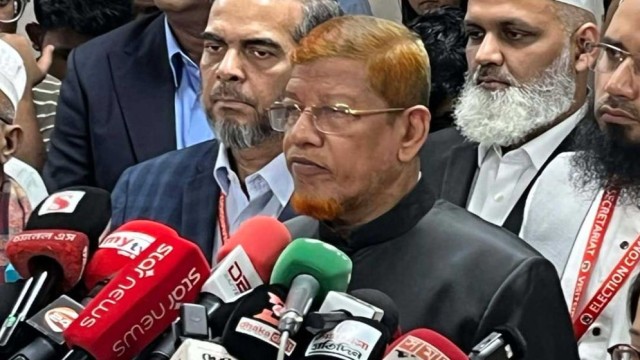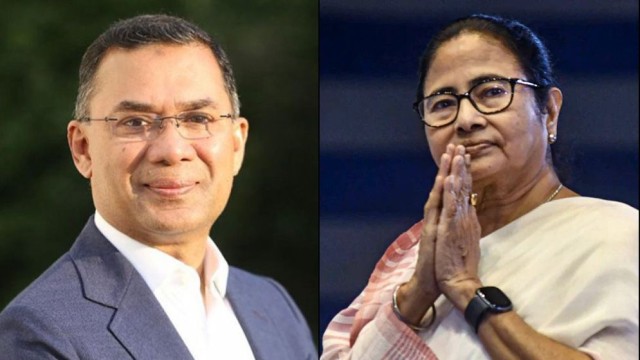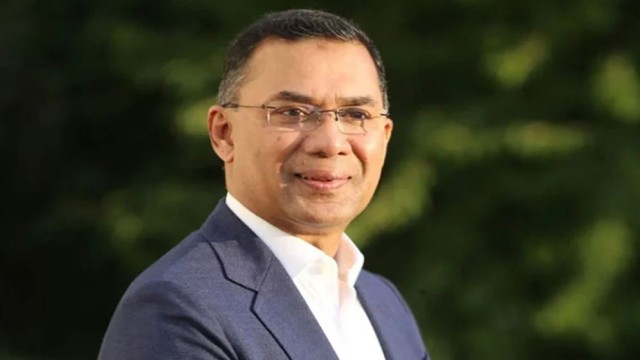RIO DE JANEIRO, Feb 11, (V7N) – Schools in Rio de Janeiro have seen a major shift as children return to playing and engaging more with their peers, thanks to a cellphone ban that started in the city and has now expanded across Brazil. Students are beginning the new academic year without phones in classrooms or even during break time, following a national law signed by President Luiz Inácio Lula da Silva in January.
With Brazil having more smartphones than people, the country has joined a growing list of nations restricting phone use in schools to reduce students' dependence on social media. Fourteen-year-old Kamilly Marques admitted that it was difficult at first, as many students felt a sense of withdrawal. However, over time, she adapted and now prefers leaving her phone at home.
At the Reverend Martin Luther King public school in Rio, students have largely adjusted to the policy. A year after its implementation in the city, only a few students are seen placing their devices in plastic storage boxes before entering class. Marques initially found the rule frustrating but now appreciates how it has helped her focus on studies and improve her social interactions.
She also highlighted how the ban positively impacted students' well-being. Many classmates were so absorbed in their phones that they were unaware when a fellow student was being cyberbullied. The new policy has encouraged more face-to-face interactions and stronger friendships.
A report from UNESCO at the end of 2024 revealed that 40% of education systems worldwide had some form of smartphone restrictions in schools, a significant rise from 30% the previous year. Officials in Rio noticed a concerning trend after the COVID-19 pandemic—students were more anxious, restless, and addicted to their devices.
A survey conducted in 2024 by digital research firm Opinion Box and Mobile Time found that Brazilian children typically received their first smartphone around the age of 10. Younger children, under three, spent an average of 90 minutes daily on smartphones, while those aged 13 to 16 used them for nearly four hours per day. A separate study by Rio’s municipal government in September confirmed that banning phones in schools improved concentration, class participation, and academic performance.
Rio’s municipal education secretary, Renan Ferreirinha, who played a key role in expanding the ban nationwide, emphasized the need for such measures. He pointed out that if adults struggle to control their smartphone use, it is even more challenging for children. He also noted that it is unreasonable for teachers to compete for students’ attention when they are distracted by social media or mobile games.
The transformation has been evident at the Reverend Martin Luther King school, where break times have become more vibrant. Deputy director Fernanda Heitor recalled how students previously sat in isolated groups, glued to their screens. Now, they actively play and interact, making the school environment much more cheerful and engaging.
While the national ban prohibits phone use in most situations, exceptions are made for educational purposes, emergencies, and health-related reasons. Education and technology expert Fabio Campos believes the law is necessary but stresses the importance of teaching responsible technology use. He also warned that in a country with significant inequality, schools play a crucial role in providing digital access. Meanwhile, students like 11-year-old Pedro Henrique still look forward to reuniting with their phones at the end of the school day, but he acknowledges that school life has become more enjoyable without constant digital distractions.
END/WD/RH/































Comment: